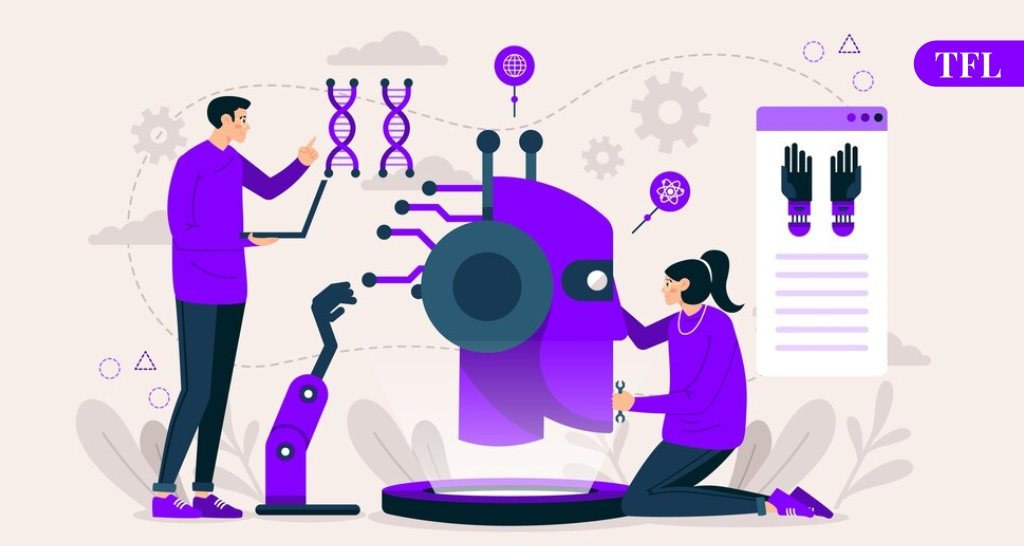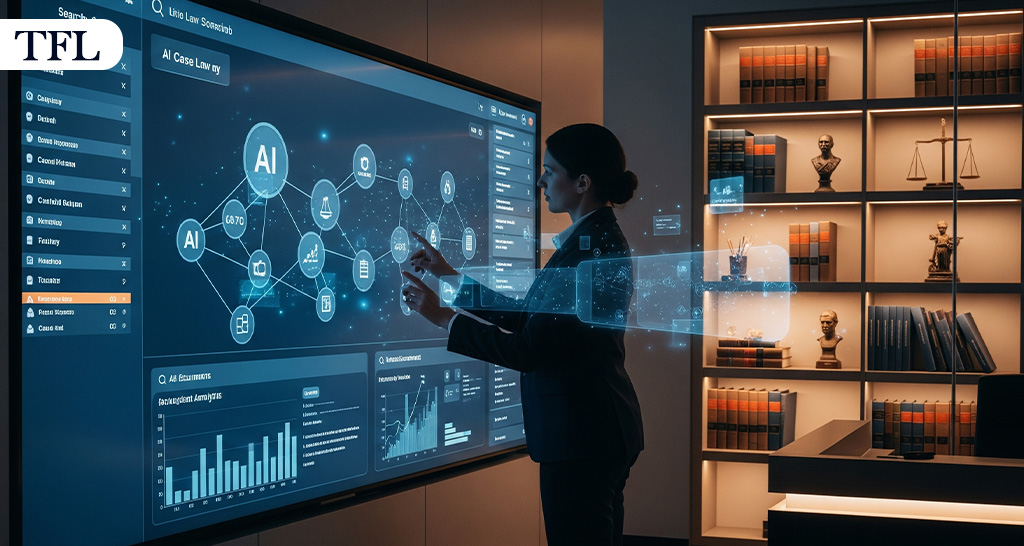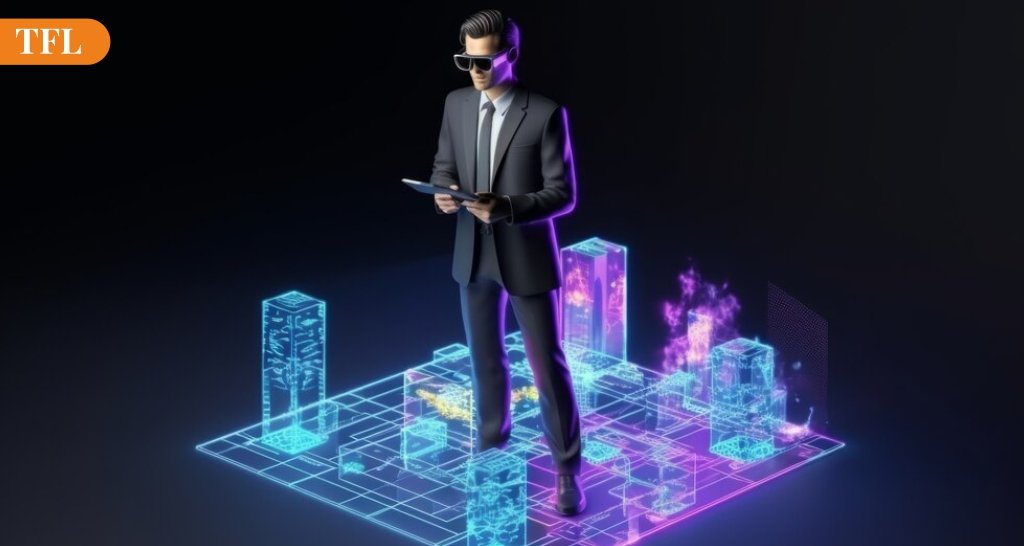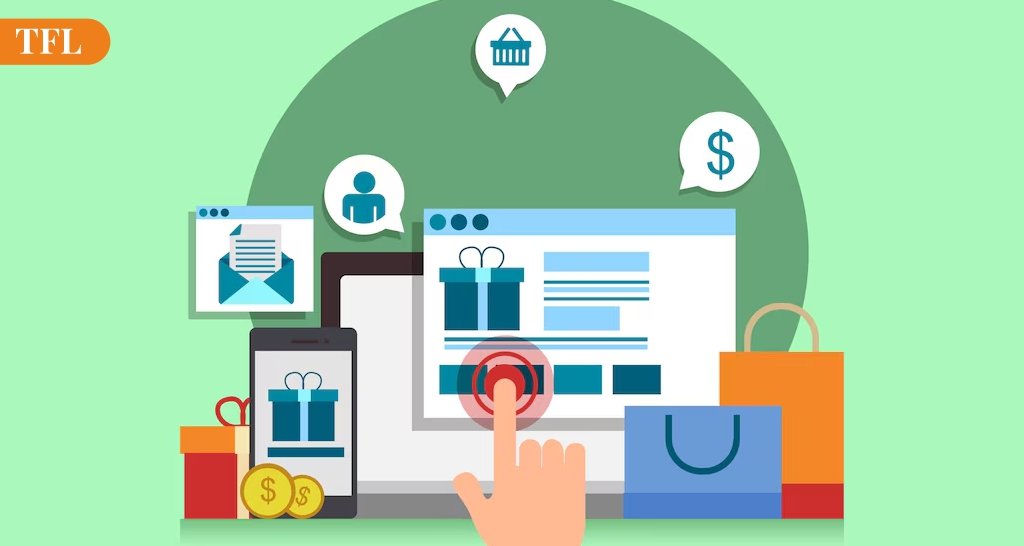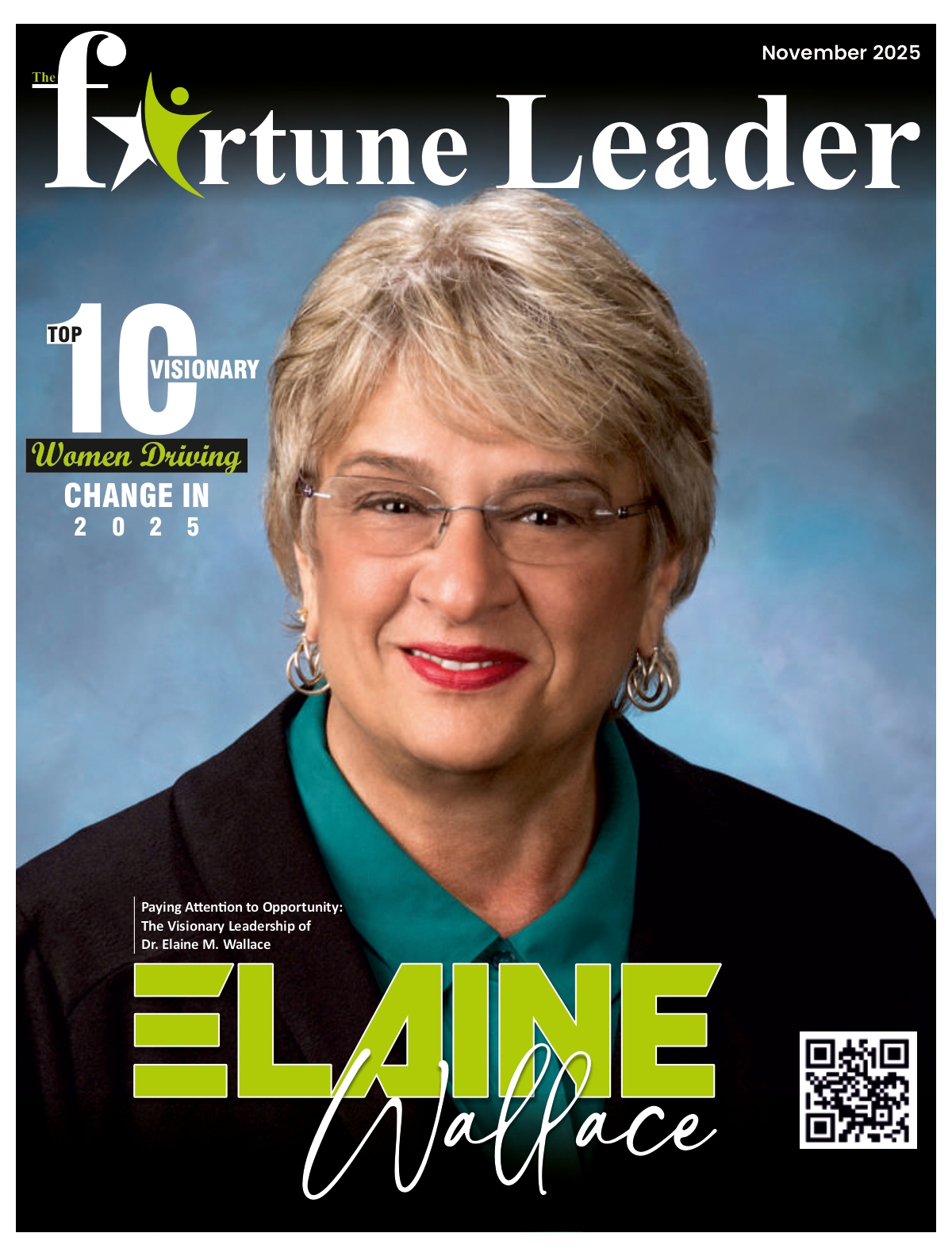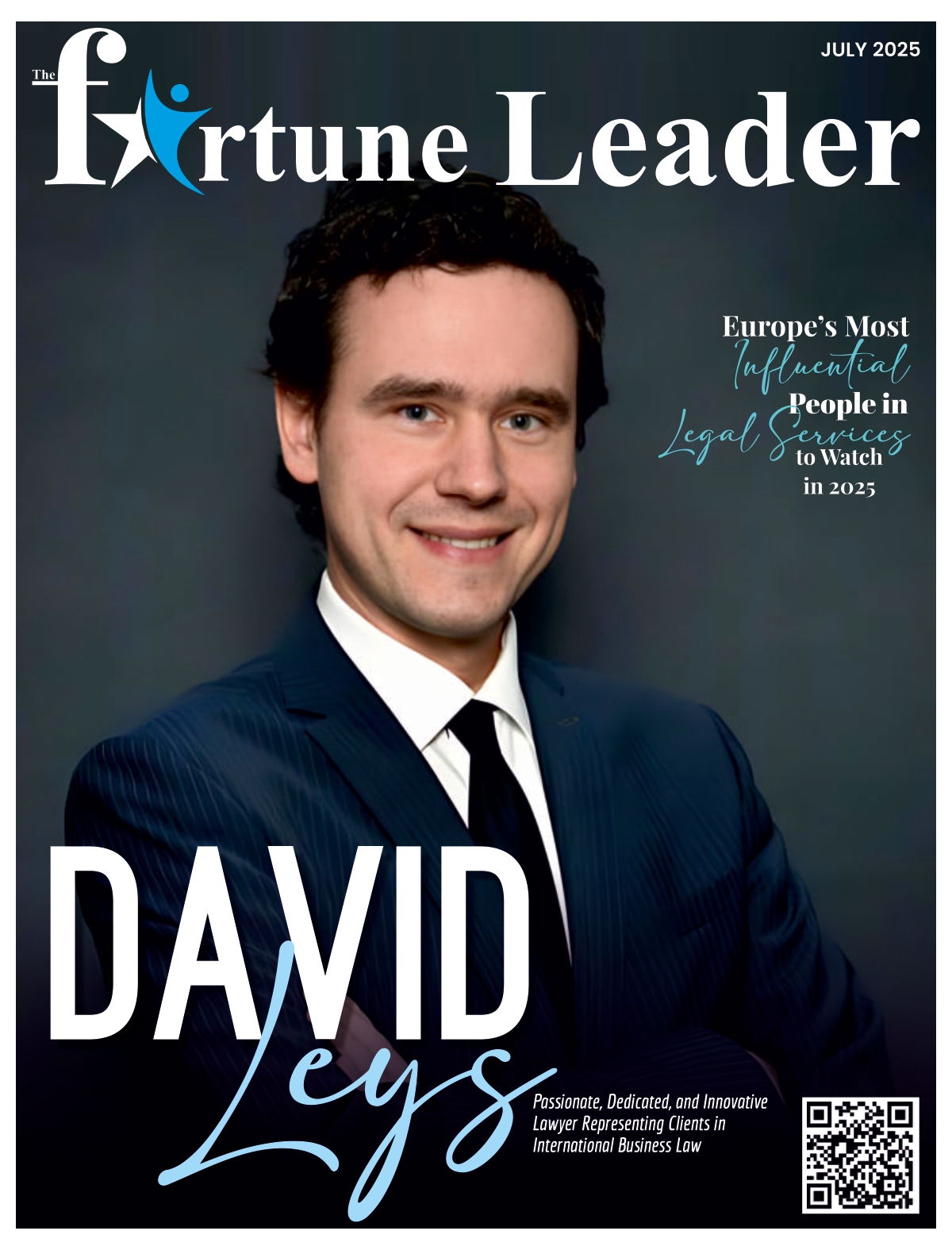In an era where technology has a tremendous impact on every aspect of life, corporations are rapidly understanding the need of using artificial intelligence (AI) as a force for social good. This method not only addresses serious societal issues, but it also has strategic benefits for organizations, including improved reputation, operational efficiency, and market prospects.
First, incorporating AI for social good improves a company’s brand image and corporate social responsibility (CSR) reputation. Consumers and stakeholders are increasingly drawn to companies that show a commitment to beneficial societal impact. Businesses can improve their public image, attract socially conscious customers, and develop stronger brand loyalty by employing AI for projects such as disaster response, healthcare advancement, and environmental sustainability.
Second, AI-powered social good projects can spur innovation and increase operational efficiencies. Artificial intelligence solutions, for example, can improve supply chains to eliminate waste, predict and mitigate environmental impacts, and speed healthcare diagnosis and treatment. These developments not only benefit societal well-being, but also result in cost savings and more efficient operations, providing a competitive advantage in the marketplace.
Furthermore, leveraging AI for social benefit creates new market opportunities. Businesses that align with global environmental and ethical principles are better positioned to capitalize on emerging markets and investment opportunities. Partnerships with non-governmental organizations (NGOs), governments, and other stakeholders in social good activities can result in beneficial collaborations and new client segments.
Conclusion
To summarize, using AI as a force for social good benefits businesses by improving their reputation, increasing operational efficiencies, and opening up new markets. When businesses adopt this approach, they not only contribute to societal progress but also create a strong, forward-thinking brand that appeals to today’s socially conscious consumers.

